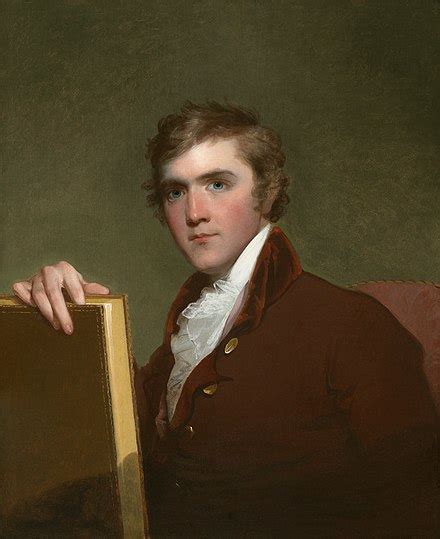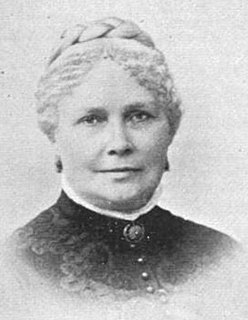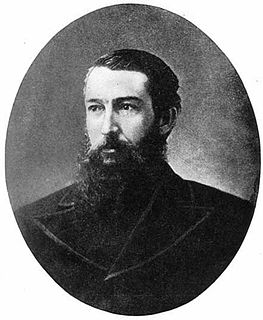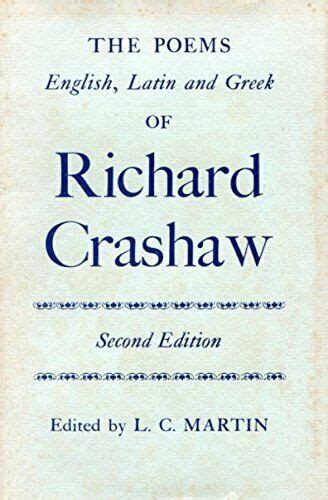A Quote by William Shakespeare
Thy tongue
Makes Welsh as sweet as ditties highly penn'd,
Sung by a fair queen in a summer's bower,
With ravishing division, to her lute.
Related Quotes
If you did wed my sister for her wealth,
Then for her wealth's sake use her with more kindness;
Or, if you like elsewhere, do it by stealth;
Muffle your false love with some show of blindness;
Let not my sister read it in your eye;
Be not thy tongue thy own shame's orator;
Look sweet, speak fair, become disloyalty;
Apparel vice like virtue's harbinger;
Bear a fair presence, though your heart be tainted;
Teach sin the carriage of a holy saint;
Be secret-false.
Heard melodies are sweet, but those unheard Are sweeter: therefore, ye soft pipes, play on; Not to the sensual ear, but, more endear'd, Pipe to the spirit ditties of no tone. Fair youth, beneath the trees, thou canst not leave Thy song, nor ever can those trees be bare; Bold Lover, never, never canst thou kiss, Though winning near the goal yet, do not grieve; She cannot fade, though thou hast not thy bliss, For ever wilt thou love, and she be fair!
Yet, sluggard, wake, and gull thy soul no more With earth's false pleasures, and the world's delight, Whose fruit is fair and pleasing to the sight, But sour in taste, false as the putrid core: Thy flaring glass is gems at her half light; She makes thee seeming rich, but truly poor: She boasts a kernel, and bestows a shell; Performs an inch of her fair-promis'd ell: Her words protest a heav'n; her works produce a hell.
Love is like the wild rose-briar; Friendship like the holly-tree. The holly is dark when the rose-briar blooms, But which will bloom most constantly? The wild rose-briar is sweet in spring ,Its summer blossoms scent the air; Yet wait till winter comes again, And who will call the wild-briar fair? Then, scorn the silly rose-wreath now, And deck thee with holly's sheen, That, when December blights thy brow, He still may leave thy garland green.




































